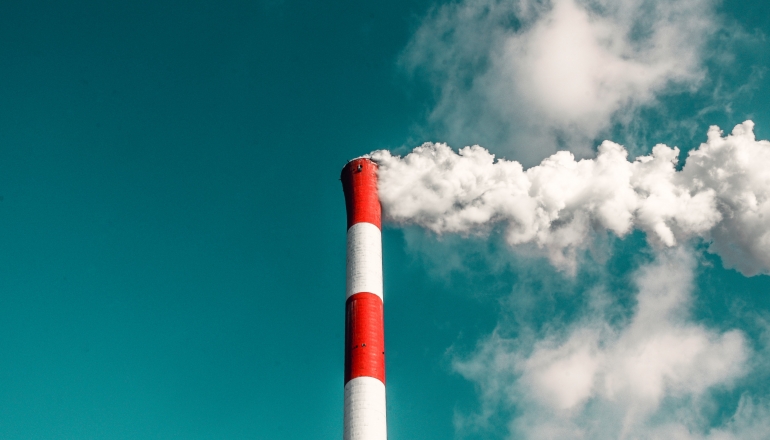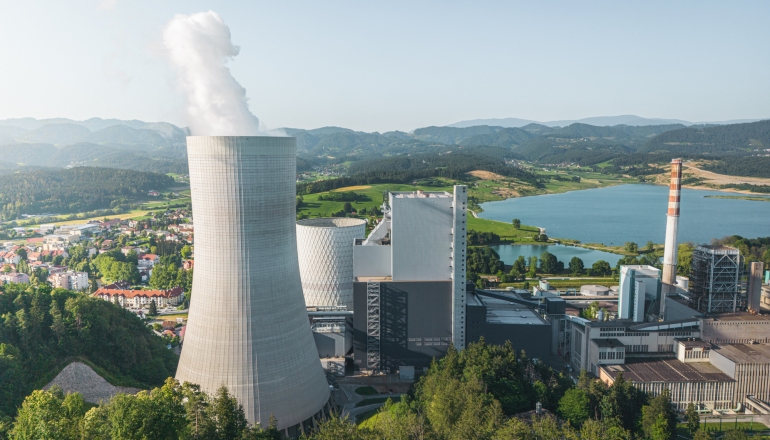Siam Piwat pledges to use 100% renewable energy by 2030
Retail developer Siam Piwat has pledged to achieve net-zero greenhouse gas emissions by 2050, starting with a commitment to using 100% renewable energy by 2030.
October 06, 2023The result of "" is as follows:











